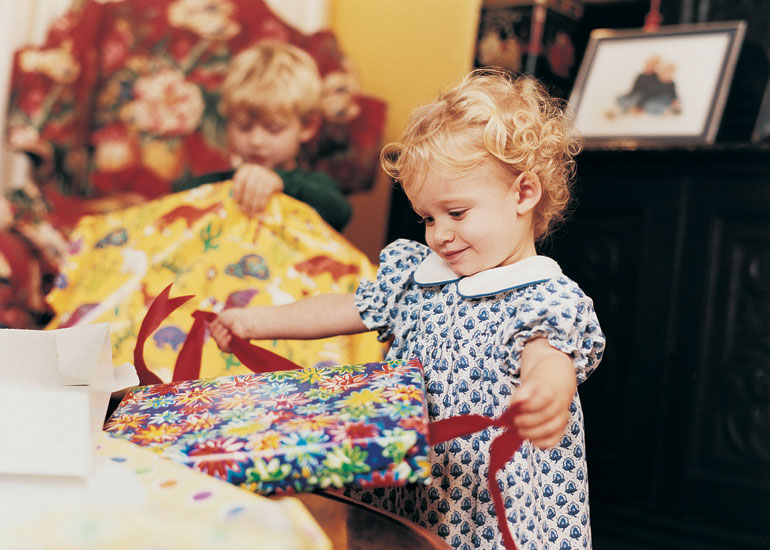When our child is placed in our arms, we make a decision to open our lives and hearts to him. Whether he came to us at birth or in later years, many of us believe that, if we keep on giving, we can make the painful parts of our child’s past disappear and protect him from ever thinking about them.
Sometimes, parents “give” by buying things, such as stacks of birthday and holiday gifts. At other times, we tend to be lenient, feeling too guilty or scared to set limits — as if saying “no” will add to our child’s emotional pain.
When dealing with preschoolers, though, nothing is further from the truth. Our three- to five-year-olds need to know what’s expected of them. Setting limits and gently enforcing rules provides them with security and helps them make sense of their world.
A Preschooler’s Mind
Preschoolers quickly learn how to please their parents — and how to push their buttons. Budding creative thinkers, they devise new strategies to get what they want. Kids this age are also learning about feelings — their own and others’ — and they begin to understand emotions like pride and guilt.
One day, they’re in a prideful “look-at-me” stage; the next, they’re learning to manipulate and negotiate, using guilt to get what they desire. They might tell a pal, “If you let me have your swing, I’ll be your friend,” or say to you, “If you loved me, you’d buy me this toy.”
Sometimes preschoolers combine words with actions. They might plead, “Don’t leave me — I don’t like it when you go to the movies without me,” while crying and clinging to you for dear life.
Such behaviors are normal for preschoolers. But sometimes our own feelings — of wanting to give, protect, and heal — rise to the surface, and we give in. We easily get confused about healing our child’s early experiences and parenting in the moment. What we need to remember, though, is that normal preschool behaviors need to be met with normal parental responses, which include saying “no” and setting limits.
As we move through the preschool years, it’s important to forbid the ghosts of childhood past from haunting our thoughts and our decisions. Instead, it’s best to provide our children with loving relationships, and with clear, consistent boundaries.


